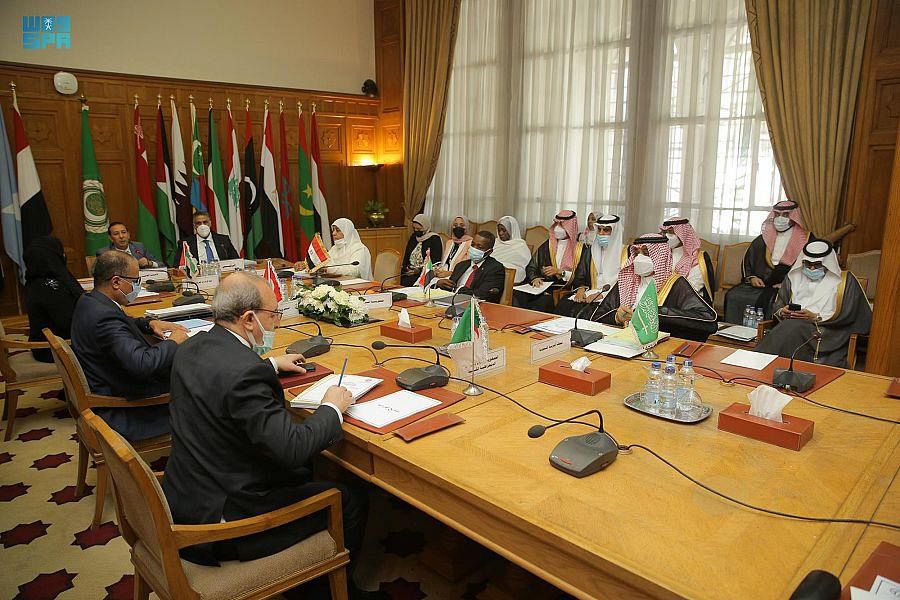
More than 100 public figures, including the Tory peer Sayeeda Warsi, the Labour MPs Diane Abbott and Naz Shah, and the comedian Deborah Frances-White, have signed an open letter to the BBC criticising Radio 4 Woman’s Hour “strikingly hostile” interview with Zara Mohammed, the first woman to lead the Muslim Council of Britain.
The letter, organised by the writers Yassmin Abdel-Magied and Mariam Khan, called on the BBC to diversify its editorial and production team and better engage with Britain’s Muslims.
It claimed that the line of questioning in Mohammed’s interview reinforced “damaging and prejudicial tropes” about Islam and Muslim women.
Last month, 29-year-old Mohammed, a training and development consultant from Glasgow, became the organisation’s first female leader, as well as its youngest.
On 4 February, Mohammed appeared as a guest on Radio 4’s Woman’s Hour programme. In the interview with Emma Barnett, Mohammed was repeatedly asked about the number of female imams in the country.
The letter notes: “Despite Mohammed’s repeated claims that religious adjudication was not within the parameters of her role leading a civil society organisation, Barnett asked the question about female imams four times, each time interrupting Mohammed’s answer.
“The framing of the interview and clipping up of the ‘female imam’ segment for social media mirrored the style and tone of an accountability interview with a politician, rather than authentically recognising and engaging in what this represented for British Muslim women. Moreover, the false equivalence between imams with rabbis and priests in a religion that has no clergy reflected a basic lack of religious literacy needed for authentic engagement with British Muslim communities.”
Other signatories include the Labour MPs Zarah Sultana and Apsana Begum; the director of the Class thinktank, Faiza Shaheen; Nikesh Shukla, author and editor of the Good Immigrant; Rizzle Kicks’ Jordan Stephens, the theologian Dr Amina Wadud, and media company Gal Dem. A total of 200 people have signed the letter.
The letter states that following complaints online and in private, the BBC removed the original tweet with a clip of Mohammed’s interview.
Abdel-Magied said: “This cannot be the way that media organisations, especially the BBC – which is meant to represent Britain and British people – engage with Muslim women and Muslim people.”
She added she has had conversations with Muslim women who are “seriously reconsidering whether or not going on Woman’s Hour is something that we want to do as part of any publicity around our books or conversations around issues that are really important to us”.
The letter notes that Muslim voices are underrepresented across the public broadcaster. It calls on the BBC to issue a public statement recommitting to engaging with Muslim women and those from historically marginalised communities in good faith, commit to recruiting Muslims in leadership and commissioning roles, and ensure programmes have diverse production and editorial teams.
Khan said: “Seeing the interview between Emma Barnett and Zara Mohammed was disheartening. However, our concern isn’t just about this singular moment – it’s about the wider cultural problem within the BBC and the media when it comes to the representation of Muslims.
“This is a crucial moment in which the BBC can choose to turn its back on the Muslim community or engage in making a change and acknowledging it’s very real-life impact on the lives of Muslims in the UK.”
It comes as Labour MP Dawn Butler published a separate open letter to the BBC about the corporation’s decision to make its editorial director, Kamal Ahmed, redundant. The move meant the public broadcaster was in breach of its own rules on minority ethnic representation. Signed by 48 cross-party MPs and peers, the letter asked: “We would like to know how the BBC intends to deal with its all-white news board and lack of diversity at the leadership level?”
It added: “This matter also suggests a deeper ongoing cultural and managerial issue at the BBC, which is in effect increasing the cynicism among ethnic minority audiences while decreasing the levels of trust they have in the institution.”










